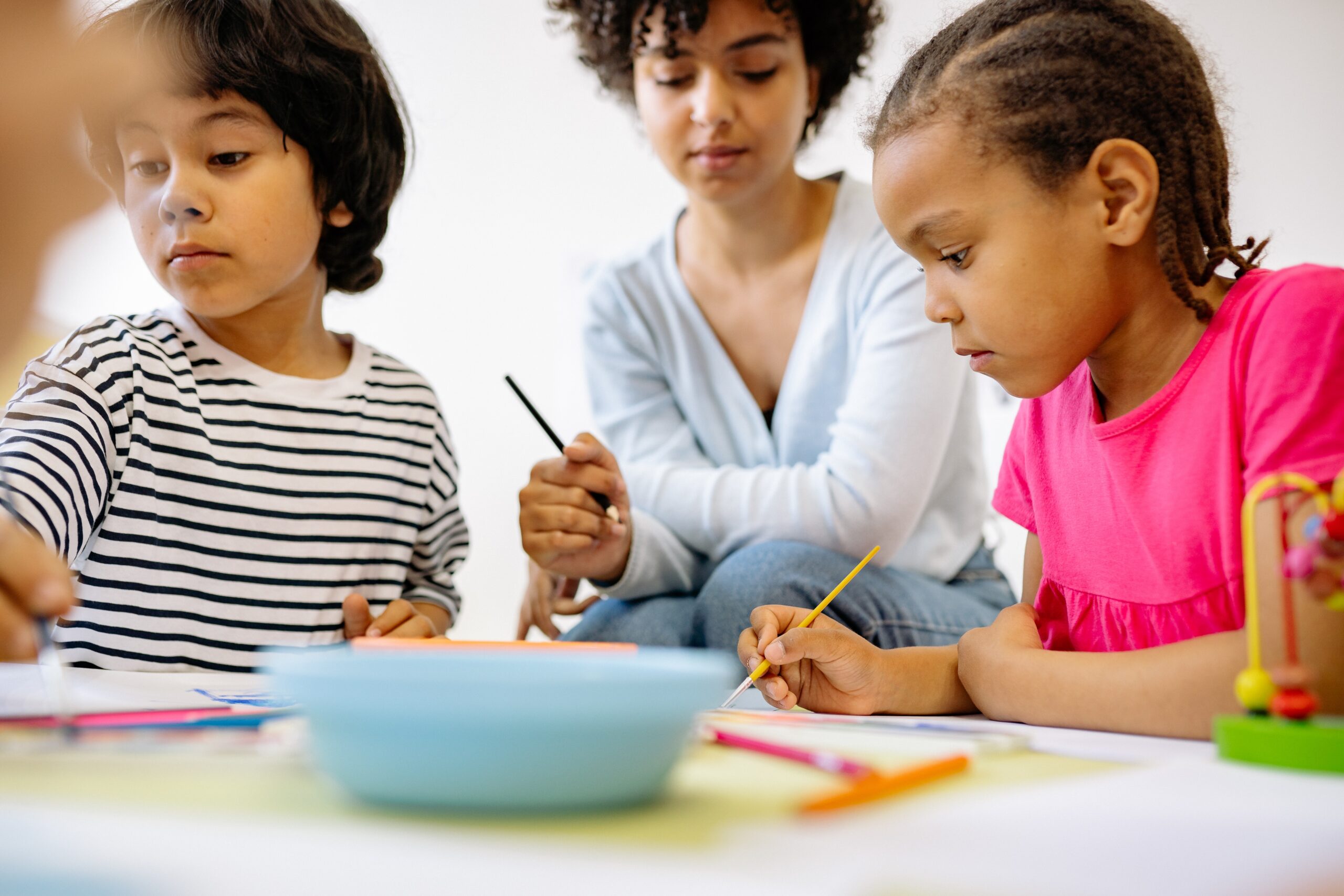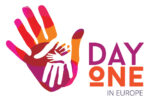Mail Box
Letter Exchange Programme
The Palmanova school organises a letter exchange programme between children from different schools, who will use their native languages to tell each other about the country they came from, where they are, their memories.
The aim is to promote the written practice of the native languages of refugee children, because writing in one’s native language is a good start to learning the language of the host country. The aim is not to prohibit the use of the “native languages”, but to encourage it.


Expressing
oneself
Pupils describe themselves through games and written messages, drawings or photography and these productions are sent to friends in the associated classes.
The partners have divided the work into 5 stages – each stage will be an exchange of letters, emails or drawings, or videos.
The central theme of all the productions is the description of oneself in small details which will lead in the end to a more complete descriptive text.
First Stage
photos & notes
The first step is to send the class photo, without the students’ names, and notes in which the students describe themselves through the things they like, for example, “I am Luca and I like”. This will also allow, at each stage, to create lexicon cards in the languages spoken by the children and their families.
Second Stage
Exploration of the senses
In the second stage, the children begin to talk about their memories through the sensations evoked by the five senses (I remember the time I tasted…, I remember the time I smelled a good/bad smell, etc.), by an object that is particularly important to them and finally the children will be asked to draw a timeline on the sheet of paper and mark an important memory for each year of the primary schools.
Third Stage
Writing exercises
In the third stage, the pupils start to write longer texts. Writing exercises are proposed, such as the list game inspired by the sixth chapter of Luis Sepulveda’s book “The Story of a Seagull and the Cat Who Taught It to Fly”, “A Curious Place”: the teachers propose to the children to draw up, anonymously, a list of the objects they keep carefully. Each list is read by the teacher and the class is invited to guess who might be the author based on the list of objects.
Fourth Stage
Drawing exercises
In the fourth stage, images take the place of words: they are given some ideas to create drawings through which they can tell their story. These drawings or collages will present the most important people for the child or their hobbies: these “works” will be sent by post to the associated classes.
Fifth Stage
Student Descriptions
Finally, the fifth and final step: each student writes an email to a classmate from the schools participating in the DAY 1 project, describing themselves.
Action sheets training module
Through the experimentation of this exchange programme, the objective is to produce a training module in the form of action sheets; a repertoire of good practice and a pedagogical tutorial for the educational community: how to enhance the written practice of the native languages of refugee children.
This will enable pupils to:
- Ask about the experiences of other students in the same situation in another country
- To write autobiographical texts in the original language
- To work on one's self-image and on the image that others have of one


